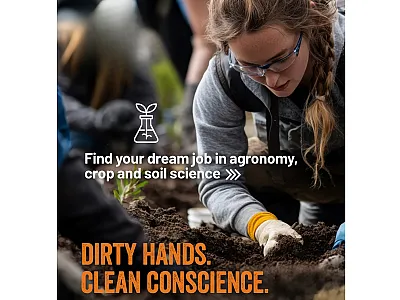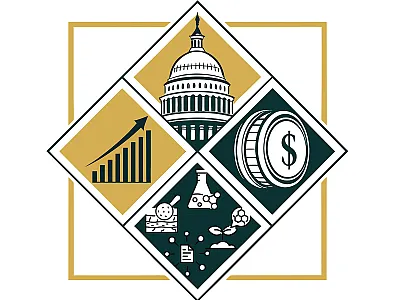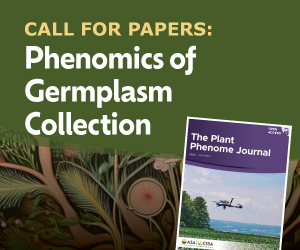Inclusive mentoring in STEM
Dr. Karina Vielma and the culture shift towards belonging and mutual growth
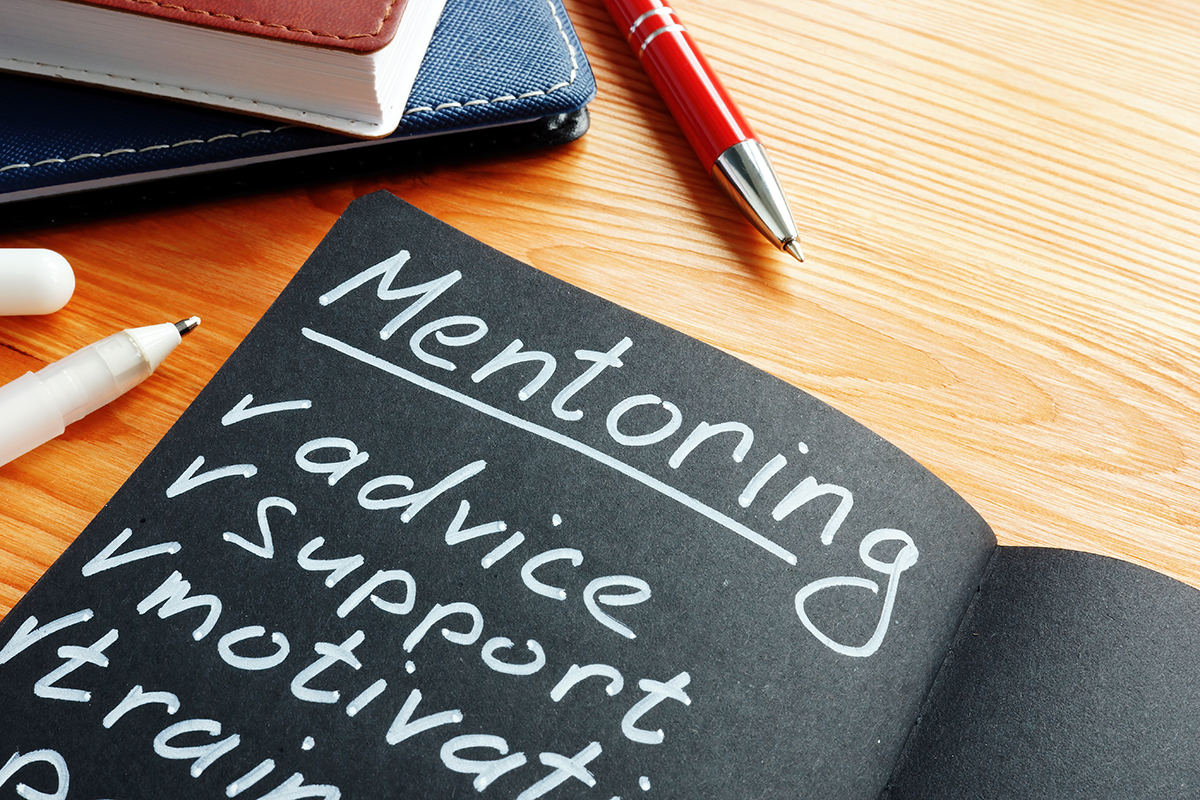
At the 2024 Annual Meeting of ASA, CSSA, and SSSA (now known as CANVAS), Dr. Karina Vielma, Assistant Professor of Engineering Education at the University of Texas at San Antonio, delivered a powerful keynote during the DEI Summit titled, “Inclusive Mentoring in STEM: Empowering Our Future.” Her talk was a deeply personal call to reimagine mentoring as a transformative relationship that recognizes and nurtures the whole person.
At the 2024 Annual Meeting of ASA, CSSA, and SSSA (now known as CANVAS), Dr. Karina Vielma, Assistant Professor of Engineering Education at the University of Texas at San Antonio, delivered a powerful keynote during the DEI Summit titled, “Inclusive Mentoring in STEM: Empowering Our Future.” Her talk went far beyond theory. It was a deeply personal call to reimagine mentoring as a transformative relationship that recognizes and nurtures the whole person.
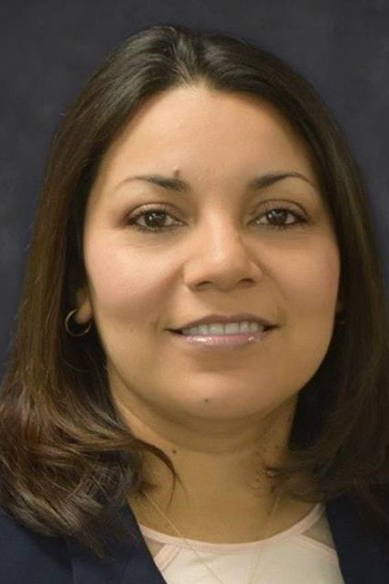
Drawing on her lived experience as a first-generation college graduate from Eagle Pass, TX, Dr. Vielma shared how mentoring shaped her journey through institutions like MIT, Harvard, and the University of Texas–San Antonio as a Latina woman from a low-income background. She recounted both affirming and harmful experiences with mentors, highlighting the power of intentional guidance and the damage of neglect or microaggressions. These stories grounded her broader message: inclusive mentoring is not a feel-good extra; it’s a vital, evidence-based strategy to improve outcomes for students and professionals in STEM.
“Inclusive mentoring,” she explained, “sees the person beyond their productivity. It validates identity, builds confidence, and fosters independence in environments where students often feel they don’t belong.”
Dr. Vielma emphasized a shift away from hierarchical, transactional mentoring toward what she calls holistic mentoring, a term she uses interchangeably with “inclusive” to reflect evolving terminology. This model focuses on reciprocal relationships, networks of support, and scaffolding—intentionally breaking down large goals into smaller, achievable steps while building trust and skill.
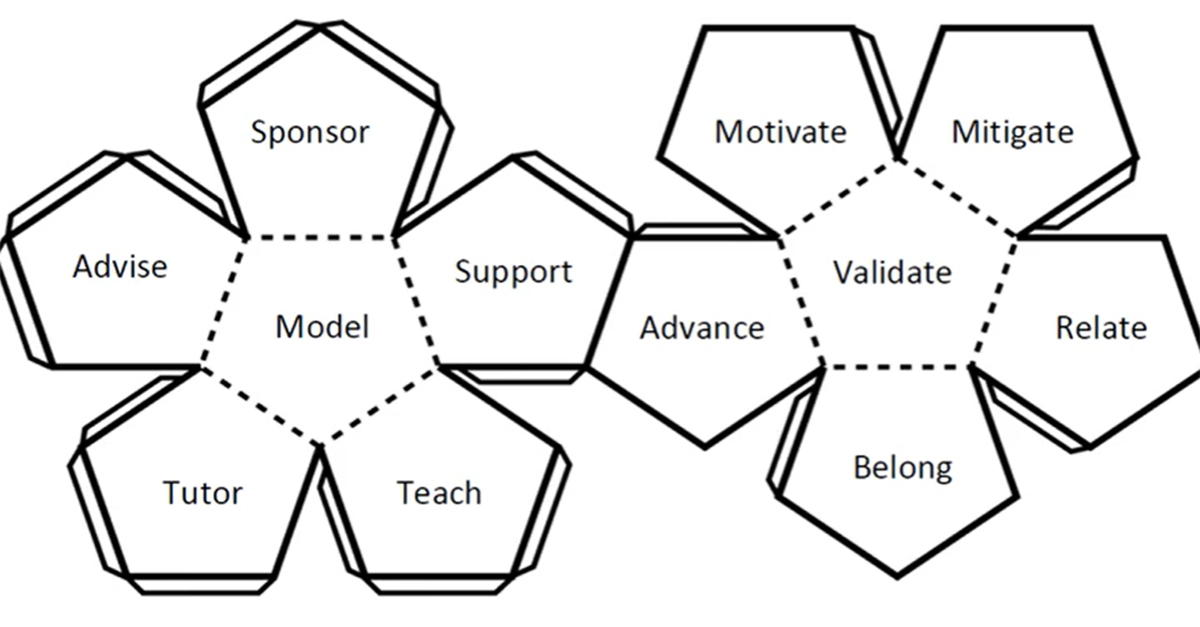
The pillars of inclusive mentoring
Dr. Vielma outlined a holistic model of mentoring, one that supports not just academic performance but identity, emotional safety, and long-term resilience. She shared a framework based on four mentoring phases:
Selection—Choosing or being asked to mentor with intention and honesty about capacity.
Alignment—Setting expectations, understanding each other’s background and goals, and establishing communication norms.
Cultivation—Encouraging independence through scaffolding, validation, and feedback.
Closure—Celebrating success, redefining the relationship, and honoring the mentoring journey.
One of the session’s important moments was Dr. Vielma’s call for mentors to know their own limits and avoid causing harm through overextension. Mentors, she explained, must know when to say no. "If you don’t have time to mentor, it can be more damaging to say yes than to kindly say no,” she cautioned. "Students need your presence, not just your expertise."
Facing the barriers
Dr. Vielma boldly named the barriers to inclusive mentoring:
Microaggressions, such as being told, “You speak such good English” or “You’re different from others.”
Hidden curriculum, where unspoken rules disadvantage those without insider knowledge.
Lack of advocacy, where marginalized students are left to self-advocate, often experiencing burnout and “battle fatigue.”
Cultural silencing, where students are discouraged from fully expressing their identities.
Inclusive mentors work to counteract these harms by validating experiences, creating safe spaces, and learning from their mentees. Her presentation was rich with actionable practices:
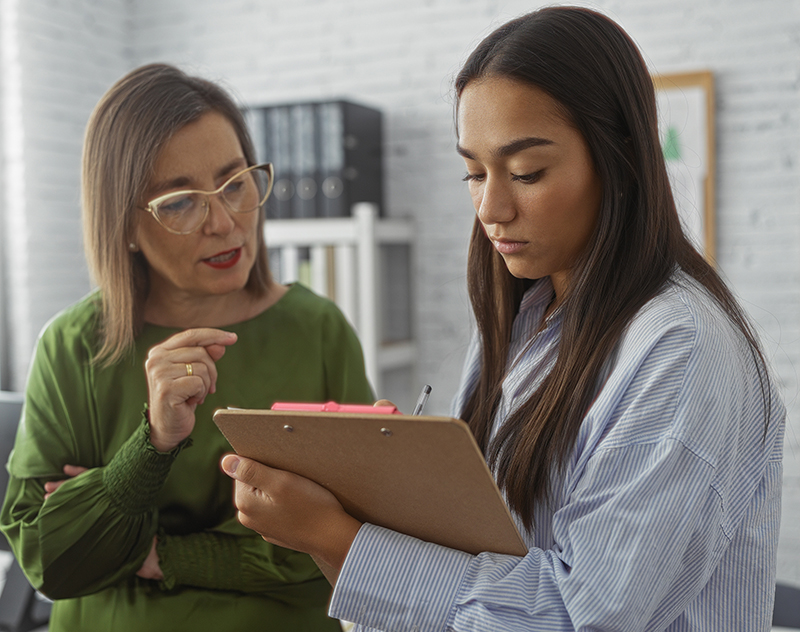
Create psychologically safe spaces where mentees feel seen, respected, and protected from isolation.
Validate identity and accomplishments, especially for students from underrepresented backgrounds who often don’t receive affirming feedback.
Advocate and sponsor mentees when they are not in the room whether through recommending them for papers, labs, or leadership roles.
Reflect on power and privilege to disrupt the hidden curriculum that gatekeeps STEM fields.
Set clear expectations and boundaries to maintain healthy and sustainable relationships for both mentor and mentee.
Mentorship as mutual growth
She challenged the audience to see mentoring as mutual. Mentees enrich mentors’ understanding of different perspectives, new disciplines, and lived experiences. Inclusive mentoring, she emphasized, is not top-down. It’s reciprocal, dynamic, and often interdisciplinary. It requires self-reflection, humility, and openness.
Dr. Vielma’s vision is bold yet clear: a mentoring culture rooted in equity, care, and mutual growth. Her closing words stayed with many in the room: “Relationship is the medicine. For students who come into academia carrying trauma, a healthy mentoring relationship can be healing.”
As STEM fields reckon with demographic gaps and retention challenges, Dr. Vielma’s keynote offered a roadmap grounded in compassion, critical reflection, and community-building. Inclusive mentoring, as she modeled it, isn’t just about helping students succeed. It’s about helping them thrive and making sure they’re not alone on the path.
Mentoring resources
Inclusive mentoring webinar
Dr. Vielma conducted a webinar on inclusive mentoring in December 2024. All members are able to access the recording (login required) at no charge!
Society articles on mentoring
View and access a curated list of mentoring articles from CSA News, journals, and outside sources.
Text © . The authors. CC BY-NC-ND 4.0. Except where otherwise noted, images are subject to copyright. Any reuse without express permission from the copyright owner is prohibited.




